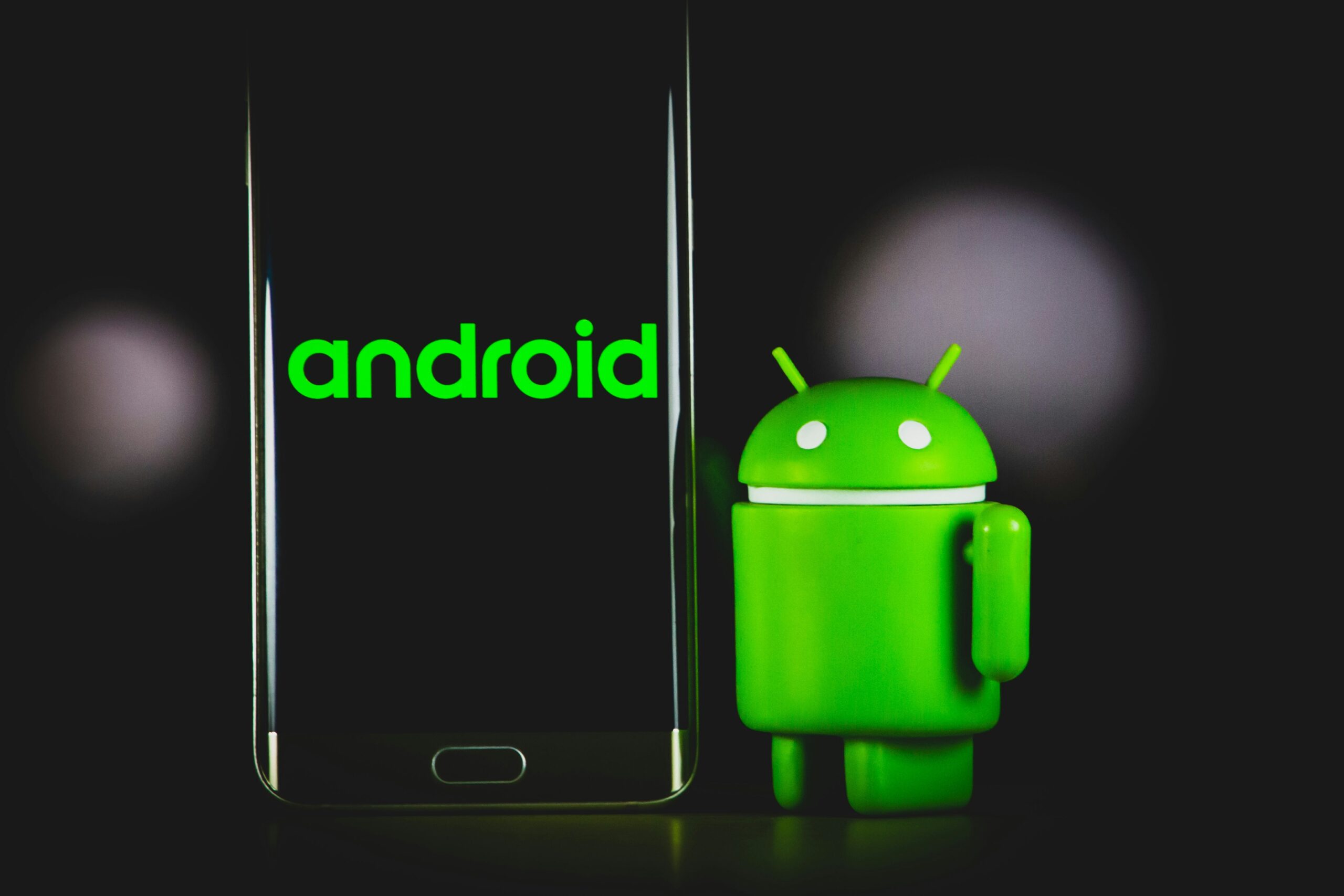
Comparing the Efficiency of Android and iOS

Introduction
When it comes to choosing a mobile operating system, two major players dominate the market: Android and iOS. Both Android and iOS have their own unique features and advantages, but one question that often arises is which operating system is more efficient. In this article, we will explore the efficiency of both Android and iOS, and help you make an informed decision based on your needs and preferences.
Efficiency of Android
Android, developed by Google, is an open-source operating system that is used by a wide range of smartphone manufacturers. One of the key advantages of Android is its versatility and customization options. Android allows users to personalize their devices and customize various aspects of the operating system, such as the home screen, widgets, and app preferences.
However, this flexibility comes at a cost. Android devices are known for their fragmentation, meaning that there are various versions of the operating system running on different devices. This can lead to compatibility issues and slower performance, as developers need to optimize their apps for different versions of Android.
Additionally, Android devices tend to have more background processes running, which can impact battery life and overall performance. While newer versions of Android have made significant improvements in terms of efficiency, it is still common to find Android devices that experience lag or slowdowns over time.
Efficiency of iOS
iOS, developed by Apple, is a closed-source operating system that is exclusive to Apple devices such as iPhones and iPads. One of the key advantages of iOS is its seamless integration with Apple’s hardware and software ecosystem. This tight integration allows for optimized performance and efficiency.
Unlike Android, iOS devices have a more controlled and standardized environment. Apple releases regular updates for iOS, ensuring that all devices are running the latest version of the operating system. This helps to minimize compatibility issues and ensures that apps run smoothly across different devices.
Furthermore, iOS devices are known for their efficient resource management. Apple’s hardware and software work together seamlessly, resulting in better battery life and overall performance. iOS devices also tend to have faster processors and better memory management, which contributes to their efficiency.
Factors to Consider
When deciding between Android and iOS, it is important to consider your specific needs and preferences. Here are some factors to consider:
Customization:
If you value customization and personalization options, Android may be the better choice for you. Android allows users to customize various aspects of their devices, such as the home screen, widgets, and app preferences. iOS, on the other hand, has a more standardized interface with limited customization options.
App Ecosystem:
The app ecosystem is another important factor to consider. While both Android and iOS have a wide range of apps available, iOS is often favored by developers due to its standardized environment. This means that iOS users may have access to certain apps and features before Android users.
Security:
Security is a major concern for many smartphone users. While both Android and iOS have implemented various security measures, iOS is generally considered to be more secure. Apple’s closed ecosystem and strict app review process help to minimize the risk of malware and other security threats.
Integration with Other Devices:
If you already own other Apple devices, such as a MacBook or an Apple Watch, choosing iOS can offer a more seamless integration between your devices. iOS devices work seamlessly with other Apple devices, allowing for features such as Handoff, Continuity, and iCloud synchronization.
Conclusion
In conclusion, both Android and iOS have their own strengths and weaknesses when it comes to efficiency. Android offers more customization options but may suffer from fragmentation and slower performance. On the other hand, iOS provides a more controlled and optimized environment, resulting in better performance and efficiency.
When choosing between Android and iOS, it is important to consider your specific needs and preferences. If customization and personalization are important to you, Android may be the better choice. However, if you value seamless integration, optimized performance, and a more secure environment, iOS may be the preferred option.
Ultimately, the choice between Android and iOS comes down to personal preference and the specific requirements of the user. Both operating systems have their own loyal fan bases and offer a great user experience. It is recommended to try out both systems, if possible, before making a decision to see which one suits your needs and preferences best.


